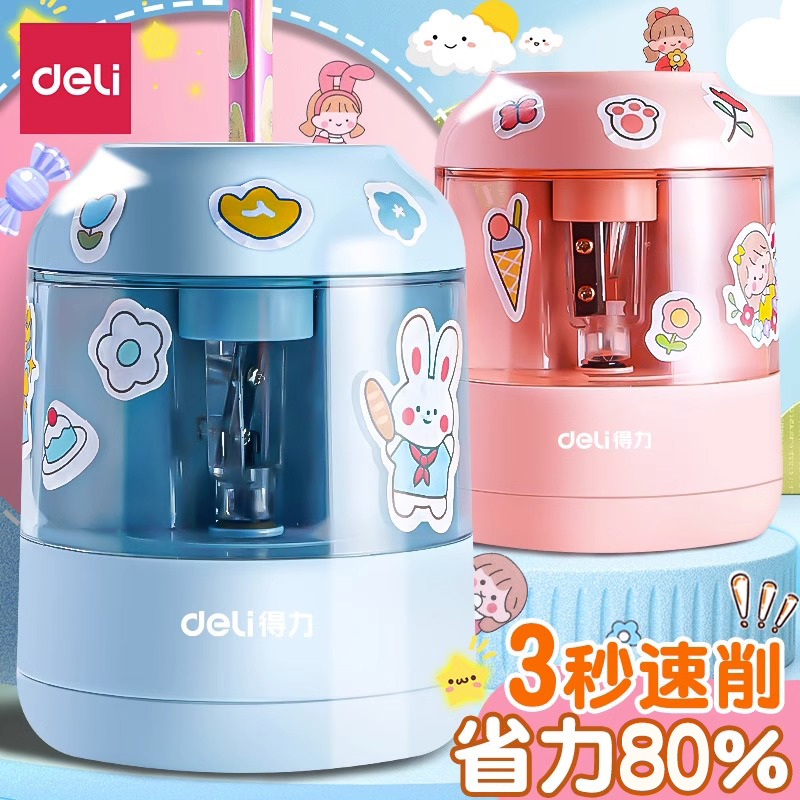儿童学习用品大全,哪种适合你家的“小神兽”?
峎迥匞
2024-11-04 08:00:50
0次
**儿童学习用品大全:哪种适合你家的“小神兽”?**
每个家庭里都有一个让人操心又可爱的小家伙,被称为“小神兽”。在成长过程中,孩子们需要各种各样的学习用品来帮助他们更好地学习和成长。本文将为您详细介绍儿童学习用品大全,帮助您挑选出最适合您家“小神兽”的用品。
一、儿童学习用品概览
1. 书籍与绘本:是孩子们最早接触的学习用品,有助于培养阅读习惯和想象力。
2. 文具用品:包括铅笔、橡皮、彩色笔等,是孩子们书写、绘画的基本工具。
3. 电子学习产品:如点读笔、平板电脑等,能够为孩子提供更多的学习资源和互动性。
4. 益智玩具和教具:如积木、拼图等,可以锻炼孩子的思维能力。
二、具体学习用品推荐
1. 书籍与绘本:
- 根据孩子的年龄和兴趣选择合适的绘本和故事书,如科普类、童话类等。
- 选择纸张厚实、印刷清晰的书籍,保护孩子的视力。
2. 文具用品:
- 铅笔和橡皮:适合初学写字的孩子,方便他们练习书写。
- 彩色笔和画笔:可以激发孩子的绘画兴趣和创造力。
- 铅笔盒或文具套装:收纳方便,满足孩子日常书写的需求。
3. 电子学习产品:
- 点读笔:能够帮助孩子更好地理解课本内容,提高学习兴趣。
- 平板电脑:适合稍大一点的孩子,可以下载各种学习应用,提供丰富的学习资源。但需注意控制使用时间,避免影响视力。
4. 益智玩具和教具:
- 积木类玩具:可以锻炼孩子的空间想象能力和动手能力。
- 拼图游戏:有助于提高孩子的专注力和思维能力。
- 早教益智玩具:如智力球、魔方等,适合年龄较小的孩子,可以激发他们的好奇心和探索欲望。
三、如何为孩子选择合适的儿童学习用品?
1. 根据孩子的年龄和兴趣选择合适的用品,确保其安全性和适用性。
2. 考虑用品的耐用性和质量,确保孩子长时间使用不会出现问题。
3. 引导孩子正确使用学习用品,培养良好的学习习惯。
四、英文翻译(Translation):
**Complete Guide to Children's Learning Supplies: Which One is Right for Your Little Monster?**
In every family, there is a worry-inducing yet adorable little one known as the "little monster". In their growth process, children need a variety of learning supplies to help them learn and grow better. This article will provide you with a comprehensive overview of children's learning supplies and help you choose the most suitable ones for your own "little monster".
1. Overview of Children's Learning Supplies:
Books and picture books: Children's earliest learning supplies, helping to cultivate reading habits and imagination.
Stationery supplies: Basic tools for writing and painting, such as pencils, erasers, and colored pencils.
Electronic learning products: Such as talking pens and tablets, providing more learning resources and interaction for children.
Educational toys and teaching aids: Such as building blocks and puzzles, which can exercise children's thinking ability. 2. Recommended Specific Learning Supplies: Books and picture books: Choose age-appropriate and interesting storybooks and picture books according to the child's age and interests, such as science-based and fairy tales. Select books with thick paper and clear printing to protect the child's eyesight. Stationery supplies: Pencils and erasers are suitable for children who are just starting to write, facilitating their practice of writing skills. Colored pencils and paintbrushes can stimulate children's interest in painting and creativity. Pencil boxes or stationery sets can facilitate storage and meet the daily writing needs of children. Electronic learning products: Talking pens can help children better understand textbook content and increase their interest in learning. Tablets are suitable for slightly older children, allowing them to access various learning applications that provide rich learning resources. However, it is necessary to control the use time to avoid affecting vision. Educational toys and teaching aids: Building blocks can exercise children's spatial imagination and hands-on ability. Puzzle games can help improve children's focus and thinking ability. Early education toys such as intellectual balls and Rubik's cubes are suitable for younger children, stimulating their curiosity and exploration desires. 3. How to choose suitable children's learning supplies? Consider the child's age and interests to ensure the suitability and safety of the supplies. Consider the durability and quality of the supplies to ensure相关内容
热门资讯
卷笔刀的多样性与功能:如何选择...
本文介绍了卷笔刀的多样性和功能,如何根据个人需求、使用环境和预算选择适合自己的卷笔刀,并提供了使用注...
学习用品市场新动态:探索最新的...
学习用品市场持续创新,铅笔和卷笔刀产品迎来新动态。铅笔采用环保材料,设计智能且色彩丰富;卷笔刀则更智...
你的学习必备工具:卷笔刀的种类...
文章摘要:
本文介绍了学生必备工具卷笔刀的种类和用途。卷笔刀可分手动、电动和便携式三种,主要用于削...
卷笔刀与文具盒:打造高效学习环...
文章摘要:学生在高效学习环境中需依赖卷笔刀和文具盒等工具,保持笔尖锋利和工具齐全,同时注重学习空间和...
探索卷笔刀的独特魅力:不仅是削...
卷笔刀不仅是削铅笔的利器,还是学习得力助手,具有独特魅力。它可提高效率、培养耐心与细心,成为学习伙伴...
铅笔与卷笔刀的搭配艺术:探索文...
文章摘要:
本文探讨了铅笔与卷笔刀的搭配艺术,在文具世界中体现实用与美学的结合。从铅笔的艺术之美、...
培养良好学习习惯,从正确选择学...
摘要:
培养良好学习习惯需从选择优质学习用品和卷笔刀开始。正确选择书籍、文具和电子学习工具,重视卷...
学习用品中的小巧玲珑:探索各种...
探索多功能卷笔刀:学习用品中的小巧玲珑,兼具削笔与多种功能,如传统升级版、智能型和便携式。其设计实用...
卷笔刀的进化史:从传统到现代的...
文章摘要:
本文介绍了卷笔刀从传统到现代的进化历程,包括材料、功能和科技元素的升级。现代卷笔刀注重...
卷笔刀使用技巧与学习用品的搭配
文章介绍卷笔刀使用技巧和学习用品的合理搭配,强调正确使用卷笔刀可延长铅笔寿命,合理搭配学习用品可提高...



